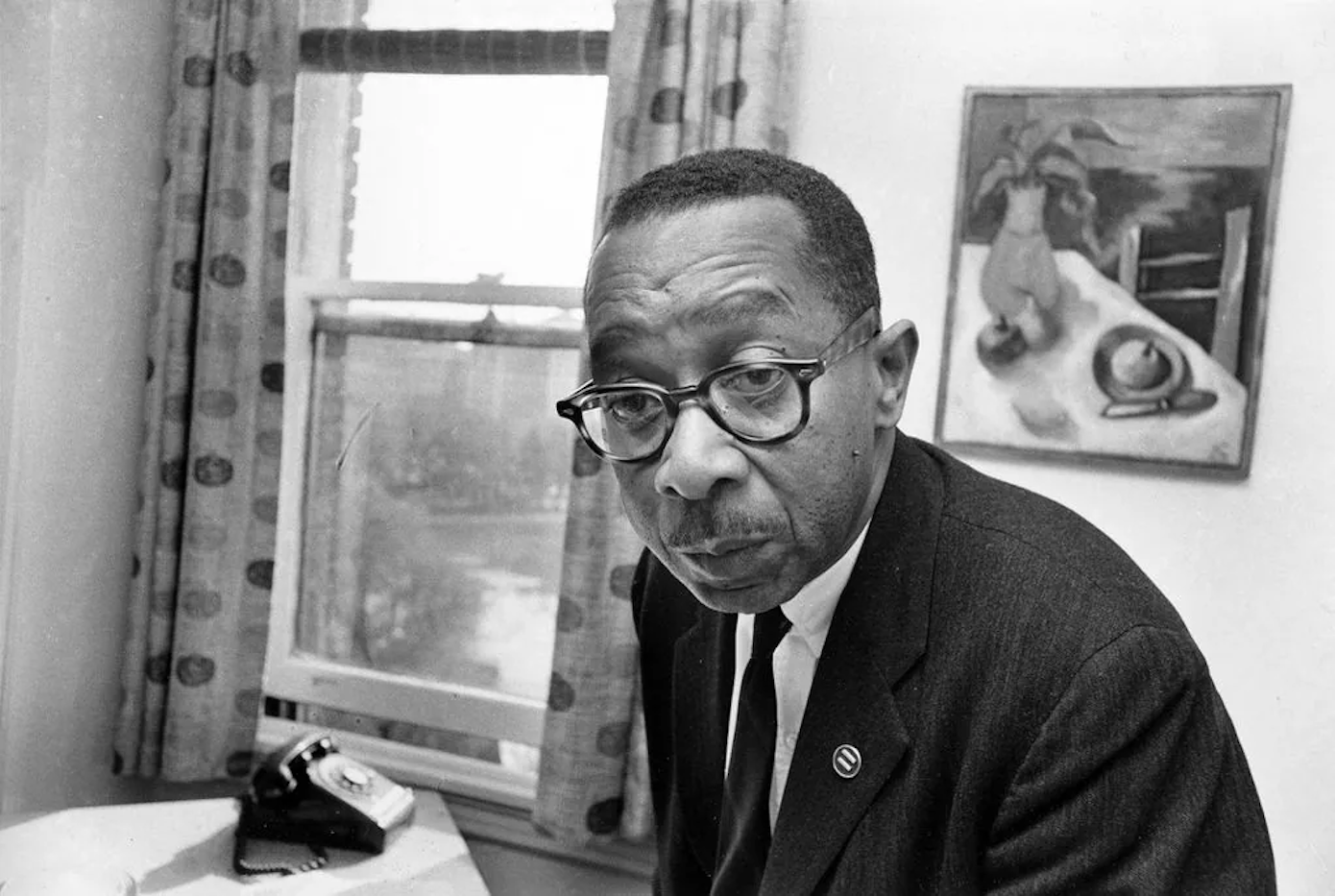Kenneth B. Clark is among the most renowned Black psychologists in African-American history. He and his wife Mamie Phipps Clark, are famous for conducting one of the most pivotal studies that led to the abolishment of school segregation. Clark was born on July 24, 1914 to his Jamaican-born mother, Miriam Hanson Clark and father, Arthur Bancroft Clark. A few years after Clark was born, the couple bore another
child, Beulah. The family lived happily together in the Panama Canal Zone until 1919 when Clark’s parents separated. His mother had decided to relocate to Harlem, New York with the children. However, his father didn’t want to give up his job at the United Fruit Company in Panama. After settling in Harlem, Miriam took up a seamstress job at a sweatshop so he could support Clark and his younger sister.
Racial prejudices are indication of a disturbed and potentially unstable society.”
Kenneth B. Clark
It’s in Harlem where Clark came of age at a time when political and cultural issues were reaching their peak in the 1920s. He attended a desegregated public elementary school before being admitted to a junior high school that was also predominantly black. Here, he started training to learn a trade, as was expected for most African American students. But since his mother wanted the best for him, she helped him join George Washington High School, Upper Manhattan. After successfully completing his high school education in 1931, he enrolled at Howard University to study political science. He graduated with a bachelor’s degree in 1935 then later pursued a master’s in psychology in 1936. It’s at Howard where Clark got to be mentored by influential black figures. One person in particular, who’s made major contributions of their own to black history, was Francis Cecil Sumner. Nicknamed the “Father of Black Psychology”, Sumner was the first African-American individual to earn a PhD degree in Psychology. It was Sumner who encouraged Clark to pursue further studies at Columbia University. Furthermore, Sumner also mentored Mamie Phipps. Phipps would later cross paths with Kenneth and get married to him. The two pursued doctorate degrees at the university. Upon completion, Mamie Phipps was crowned the first black woman to receive a doctorate in psychology from Columbia University. Kenneth Clark was also ranked the first
African-American overall to earn a doctorate in psychology from Columbia. Other titles that Clark earned in his life are:
● The first African-American elected to the New York State Board of Regents
● The first black person to become the president of the American Psychological Association
● The first black tenured full professor at the City College of New York
As black history online records show, Kenneth and Mamie Clark jointly performed rigorous
studies aimed at advocating for equal treatment of African Americans. One of their most notable experiments dubbed the “Doll Test”, illustrated the mental health effects of segregation on black children. This research went on to influence the Supreme Court’s decision to outlaw segregation in schools. In the experiment, the Clarks examined how African-American elementary students perceived white and black dolls. Their findings showed that the students had a negative perception of black dolls. In contrast, they associated white dolls with only positive characteristics. This showed how segregation in schools instilled a feeling of inferiority among black children, hence, hurting their confidence and self-esteem. “Children who are treated as if they are uneducable almost invariably become uneducable.” Clark has made other remarkable contributions to black history. For instance, he established Data Black Public Opinion Polls in 1979. This was the first polling survey that took African Americans’ opinions into account. He was also one of the pioneers of the Harlem Youth Opportunities Unlimited (HARYOU), founded in 1962. The program was aimed at offering learning and professional opportunities to underprivileged children and youth. Clark continued to be a strong advocate for equality and integration throughout his life. In fact, he offered valuable insight on the matter in an interview with Robert Penn Warren for his series “Who Speaks For The Negro?” Outside of his research and career, Clark was involved in events and committees that made a large impact on the society at large. He retired in 1975 and died on May 1, 2005 following a long battle with cancer.
“We are part of a great whole. All living things are our brothers and sisters.”
Kenneth B. Clark
